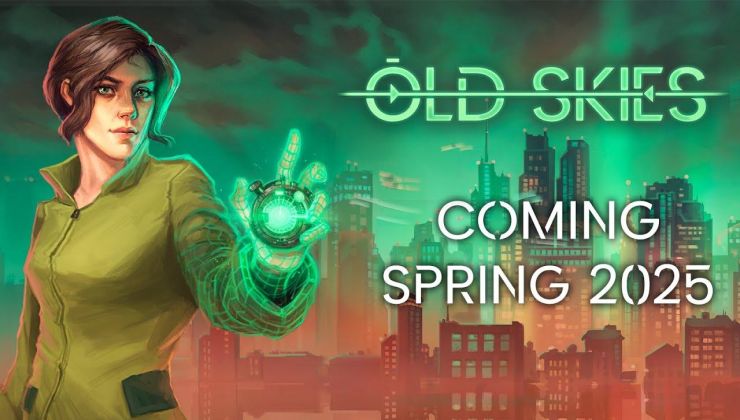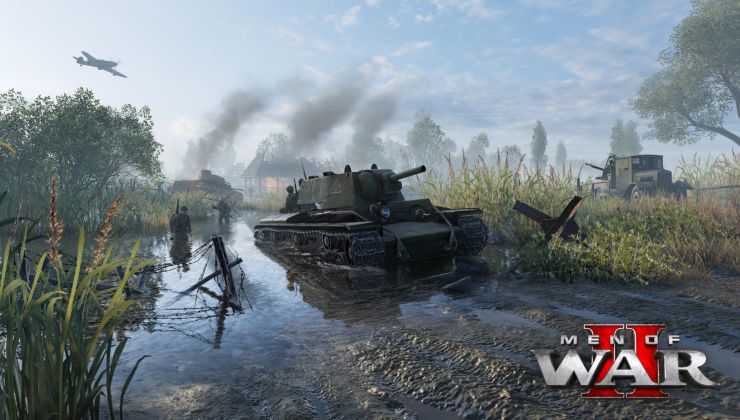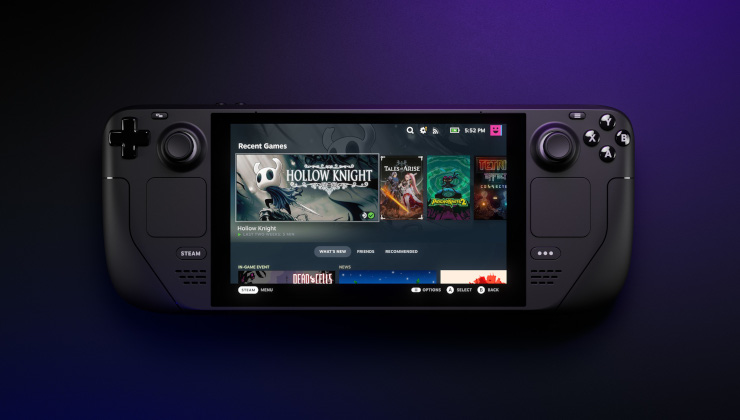One thing we see often, is that developers stick to one store. When they do put their game across multiple stores, the Linux version is often late or left out entirely. There are reasons for that, as developers have spoken about recently.
The most recent one I've seen is from Alexis Kennedy (Cultist Simulator) who made a Twitter thread about the issues of putting a game across many stores.
To give you an idea of how complicated it can get:
Steam - Has a fully featured API to allow developers to upload builds to various different branches. This allows developers to tag them for specific things, roll them back and so on. They make it easy to allow users onto different beta branches, to test new features and so on. However, releasing isn't the most simple process and something quite a few developers trip up on when linking content.
I spoke to a few developers personally about Steam (who preferred to remain anonymous), one said "it's a right pain" and that the upload tool is a "nightmare". Especially interesting, is how keys are handled as developers have to "manage uploading to the right package assigned to the right keys". It's why we see that "missing executable" error so often on Linux games.
Another developer I spoke to said "their backend stuff lacks a lot of tools, is quite bodged together and has not changed much at all since 2013. It feels very tired".
GOG - They also have a similar API like Steam, however, for Linux they depend on a manual FTP transfer and updates are done manually their end (Note: GOG have confirmed this to me). Linux builds don't have access to their API, probably part of the reason we don't have GOG Galaxy available on Linux. It also means Linux often doesn't see any Beta access on GOG, it's why 99% of developers doing it do so on Steam. There have been rare occasions this was done manually, like the multiplayer beta for Stardew Valley.
itch.io - I've seen a lot of developers talk about just how nice their command-line tool "butler" is. However, they currently have no concept of DLC. Developers can put up multiple downloads though, so they can do beta versions (or even whole new pages). Itch also don't have an "upload now, put live later" staging feature (it's being discussed), so you upload and it's there.
Humble Store - A 100% manual process, done via an upload form on their website. No API, no beta support or DLC integration. No tools, just a website form. If you're wondering why Humble don't have a lot of DRM free builds, that's likely a big reason.
I've heard all of this and plenty more quite often from developers, including Brian Bucklew (Caves of Qud) who said "At least one storefront makes me manually upload the linux builds to an FTP site that is down half the time then e-mail some guy that rarely responds that the build has been posted until he updates it." which seems pretty clearly to be about GOG. A pretty different experience to the one Alexis Kennedy had "they are always lightning-fast with manual stuff so this is minimal hassle for us".
The Humble process was also backed up by developer Eniko (Midboss) who said "Though Humble does force you to upload your builds through a web interface that doesn't do patches so if you have a 300mb game on Win/Mac/Linux you get to upload 1gb of data which really is bad enough".
I could keep pulling out examples from other developers, but I am sure you get the idea. Every store has a different process and all that adds additional time for developers. You then have to to take into account the extra support burden, with the game and customers spread across even just those four stores.
Simply asking a developer to "put their game on x" is a bigger ask than it might initially seem.
To put that into perspective, I also spoke to the developer of 39 Days to Mars, Philip Buchanan, who said "In the case of Humble Store and Green Man Gaming, the distribution for 39 Days to Mars is done via Steam keys. This means that other than getting the agreements in place, and maybe some storefront assets to get things set up, all of the distribution side of things - downloads, patches, updates, online features, etc - are done in the same place.
This centralised distribution definitely makes things more streamlined. I notice the difference with Itch.io for example, where I have a DRM free version of 39 Days to Mars. It's great to be able to do this, but every time I patch the game, it's additional steps to make and maintain a separate build, and to upload and verify it in two places. With Xbox One and Switch releases coming up soon, releasing patches across all systems is going to get more and more time consuming. This means adding additional storefronts is something I have to think about carefully as a solo dev.".
All that time, dealing with different stores takes essential time away from everything else. It's a lot more time than you would expect it to be.
I thought some might find this interesting, especially on why Linux builds often get delayed (or not done at all) outside of Steam. When Steam doesn't exactly make it easy and it's still the biggest slice of the pie, the additional stores could be quite daunting to do on top of it.
The takeaway here, is that all stores need to have better tools. If you want developers to release on your store, making sure the tools they have to provide builds that are easy to use is absolutely essential. Not just keeping it easy though, having extra options like allowing developers put up an opt-in beta is also increasingly important, especially for updates that massively change a game, users might want to stay on an older version.








See more from me